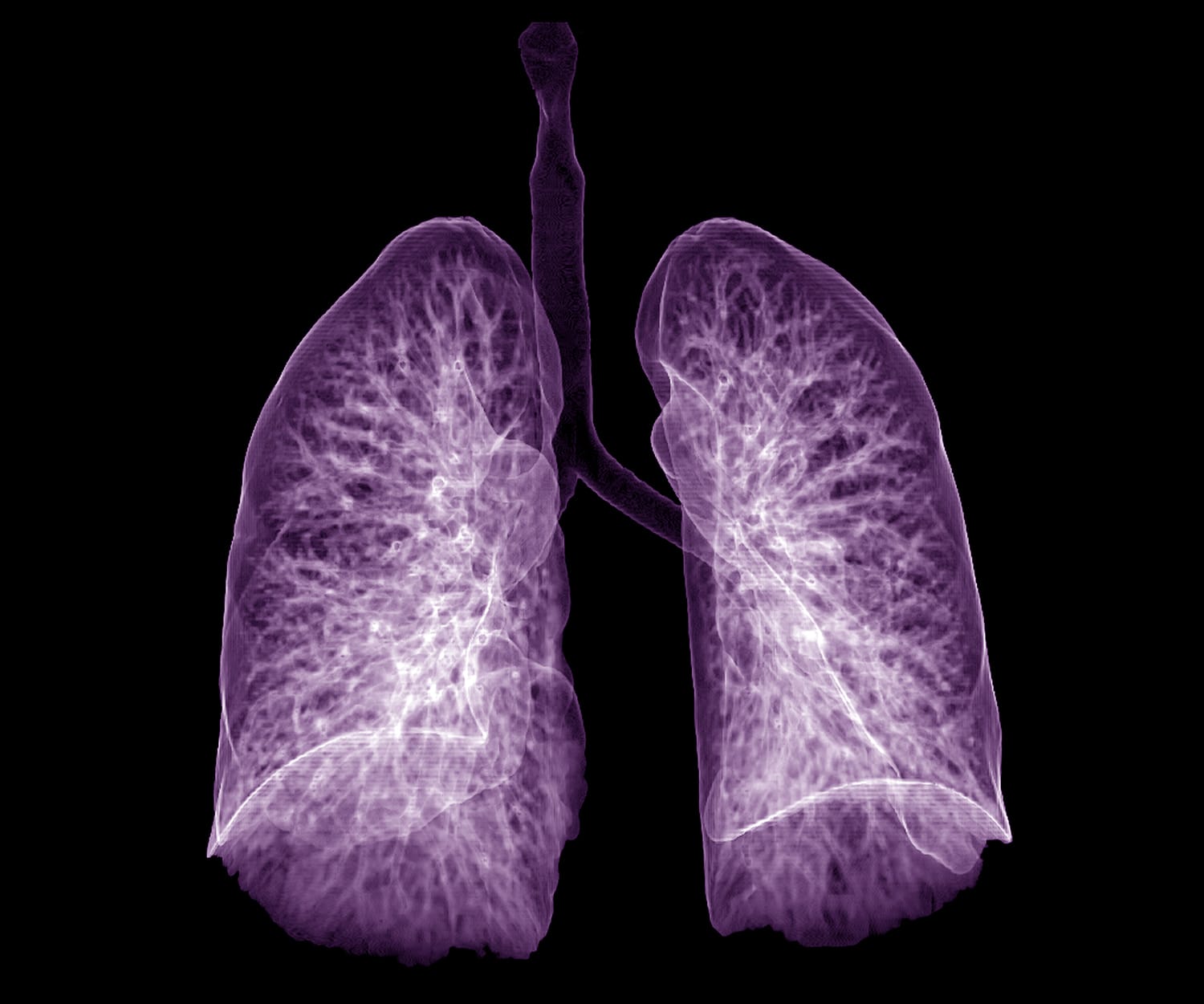Lung Cancer Screening Reduces Lung Cancer Deaths
The U.S. Preventive Services Task Force recommends that adults ages 55 through 80 who qualify based on their smoking history receive regular lung cancer screening using low-dose CT scans. A study published Jan. 29 in the New England Journal of Medicine finds that lung cancer screening using low-dose CT scans reduces deaths from lung cancer. Researchers randomly assigned former and current smokers to screening or no screening and followed them for at least 10 years. They found people who were screened had a 24% lower rate of death from lung cancer than those who did not receive the screening. The rate of lung cancer death in women who were screened was reduced by 33%. The study was not able to determine whether overall deaths from any cause were reduced by lung cancer screening. “With this result, we can be even more convinced that it works and that the harm-benefit ratio for the group as a whole is quite good,” co-author Harry de Koning of Erasmus University Medical Center in Rotterdam in the Netherlands, told the Wall Street Journal.
Equal Access to Care Reduces Disparities
Mortality from prostate cancer in the U.S. is twice as high in black men as in non-Hispanic white men. This is due to elevated prostate cancer incidence among black men but also an elevated rate of death following diagnosis with prostate cancer. Among Veterans Affairs health system patients diagnosed with prostate cancer from 2000 to 2015, however, the rate of death from prostate cancer was slightly lower in black than in white men, according to a study published Jan. 27 in Cancer. The researchers note that other data have shown decreased cancer health disparities among people covered by Medicaid or Medicare. “Prior outcomes for African-Americans with prostate cancer don’t have to be a foregone conclusion,” study co-author Brent S. Rose of the University of California, San Diego, told the New York Times. “They are at least partly due to policy decisions we make about access to care.”
Treating Cancer-Related Distress With Psilocybin
In 2016, a clinical trial showed that patients with cancer-related anxiety and depression who were randomly assigned to receive the psychedelic psilocybin along with psychotherapy had improved mental health symptoms compared to a control group. The patients in the control group received psychotherapy along with niacin, a substance that can produce a physical sensation but that is not a psychedelic. Ultimately, all 29 patients in the trial received psilocybin, and 6.5 months later, around 60% to 80% had sustained improvements in their anxiety and depression. A follow-up study published Jan. 9 in the Journal of Psychopharmacology finds that improvements in mental health symptoms appear to be long-lasting for many patients. Of 16 original study participants who were still alive, 15 agreed to participate in the follow-up study. Around 60% to 80% still had improvements in their anxiety and depression 4.5 years after starting the study. “Adding to evidence dating back as early as the 1950s, our findings strongly suggest that psilocybin therapy is a promising means of improving the emotional, psychological and spiritual well-being of patients with life-threatening cancer,” Stephen Ross of NYU Langone Health in New York City said in a press release.
Cancer Today magazine is free to cancer patients, survivors and caregivers who live in the U.S. Subscribe here to receive four issues per year.





